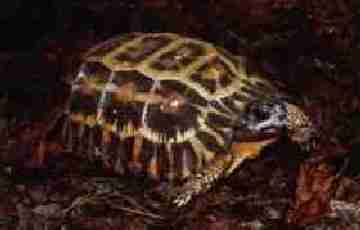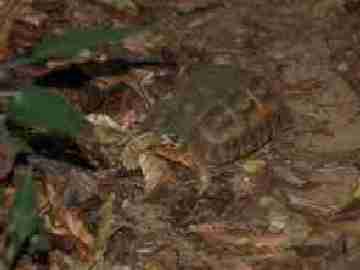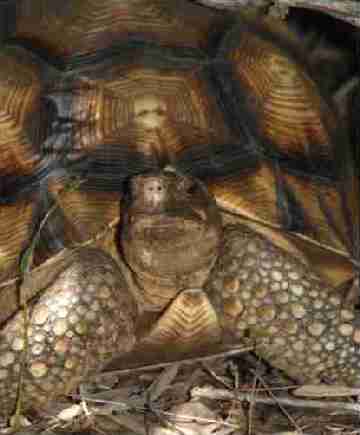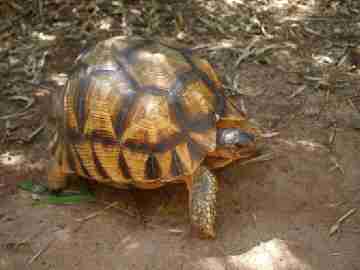The tortoises in Madagascar are in need of your help! Their plight is serious; without intervention species such as the Ploughshare could be extinct in the wild within two decades
The two species the British Chelonia Group would like support are the Flat-tailed tortoise(Pyxis planicauda ) or Kapidolo and the Angonoka or Ploughshare tortoise(Astrochelys yniphora).
The flat tailed-tortoise has been successfully bred by Durrell at Ampijoroa for several years and the plan is to release some of these captive bred tortoises in Menabe next year. These animals will need to be health screened, transported to the pre-release pens so that they can be monitored easily and then radio tagged so that they can be tracked. The radio tracking is particularly important to help gain information about how the Kapidolo use the new habitat and so inform future release programmes.
The Angonoka and Kapidolo are under attack on several fronts. Their habitat is being destroyed through deforestation; in addition to the ‘slash and burn’ agricultural practices still operated by many villages, vast areas of forest are being felled for charcoal or for oil exploration. The numbers of both species are being rapidly reduced through hunting and being sold as ‘bush meat’ in markets. As endangered species the Angonoka and Flat-tailed tortoises have been targeted by poachers for the illegal pet trade. Ploughshare tortoises can easily fetch £2000 each in the South East Asian markets and, as these tortoises do not reach sexual maturity until they are at least 15 years old, their numbers are drastically reducing. There are only 500 Ploughshare tortoises in the wild; this critically endangered species is now the rarest tortoise in the world.
Poachers are apprehended and the tortoises are being seized but cannot be released until they have been quarantined, health screened and a suitable site for their release selected. The BCG would like to contribute towards the cost of these vital quarantine areas which are desperately needed.
Durrell have been working hard with communities in areas where it is suitable to release either the Flat-tailed tortoise or the Ploughshare tortoise. Through education and encouragement local villages are being involved in the monitoring and protection of these rare animals. Durrell have also helped to get the Baly Bay region designated as a national park and are working with local communities, involving them in the practical work of protecting the tortoises in their area.
Organisations have been working for many years to save these animals. Durrell’s captive breeding station at Ampijoroa now has a well-established breeding programme for ploughshare tortoises, and have already released into the wild animals that have been reared in captivity.
The British Chelonia Group sponsored the successful release of Angonoka tortoises into the Baly bay region in 2008 and there is now a project to release 44 more animals into this area.
Madagascar is a very special country; the animals are unique and they need to be preserved for future generations. We are hoping to raise at least £5000 towards these projects.
Please help ! The Madagscan Flat-tailed tortoise and the Ploughshare tortoise really do need your support if they are to survive in the wild.
Top




